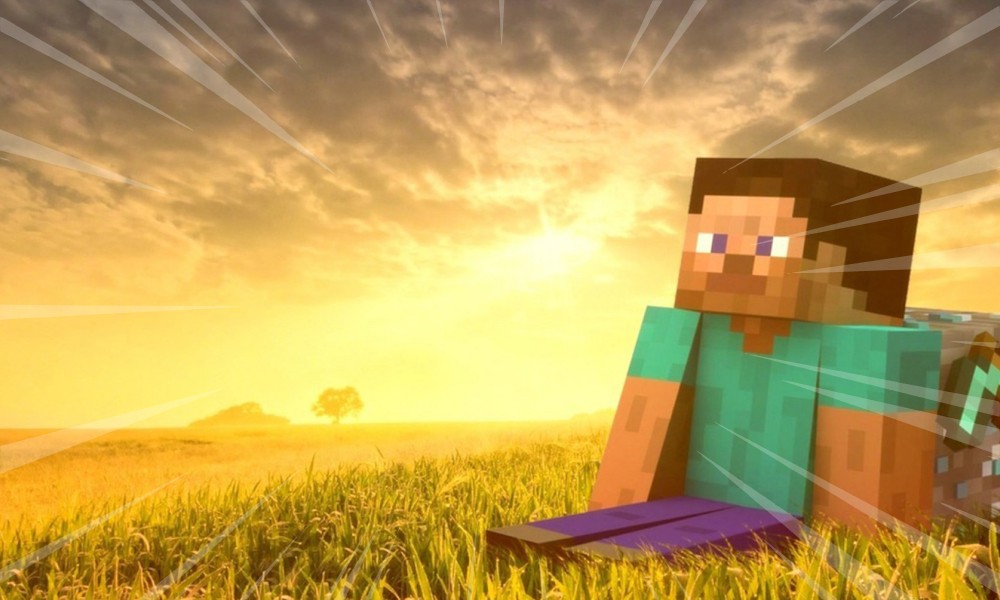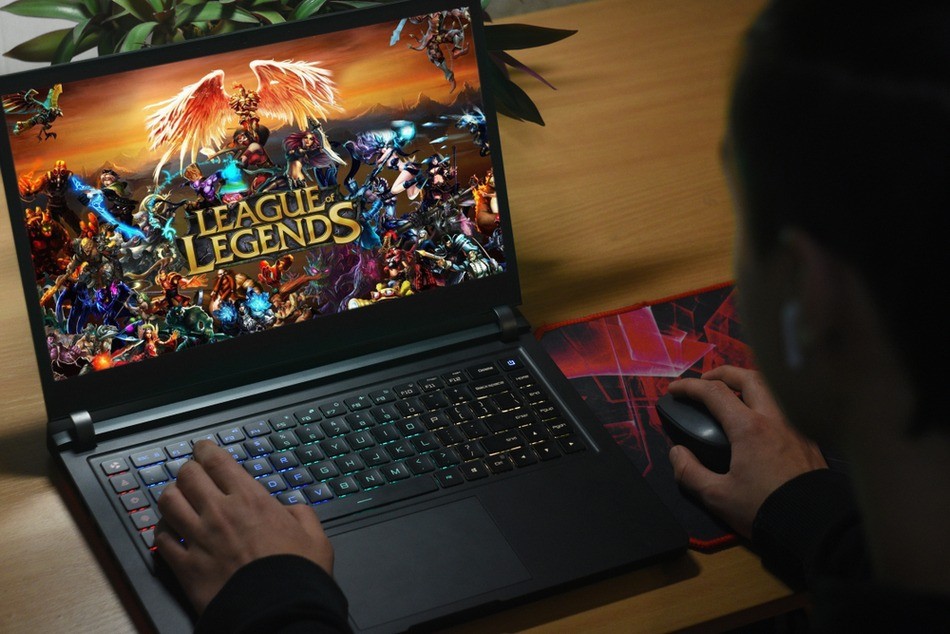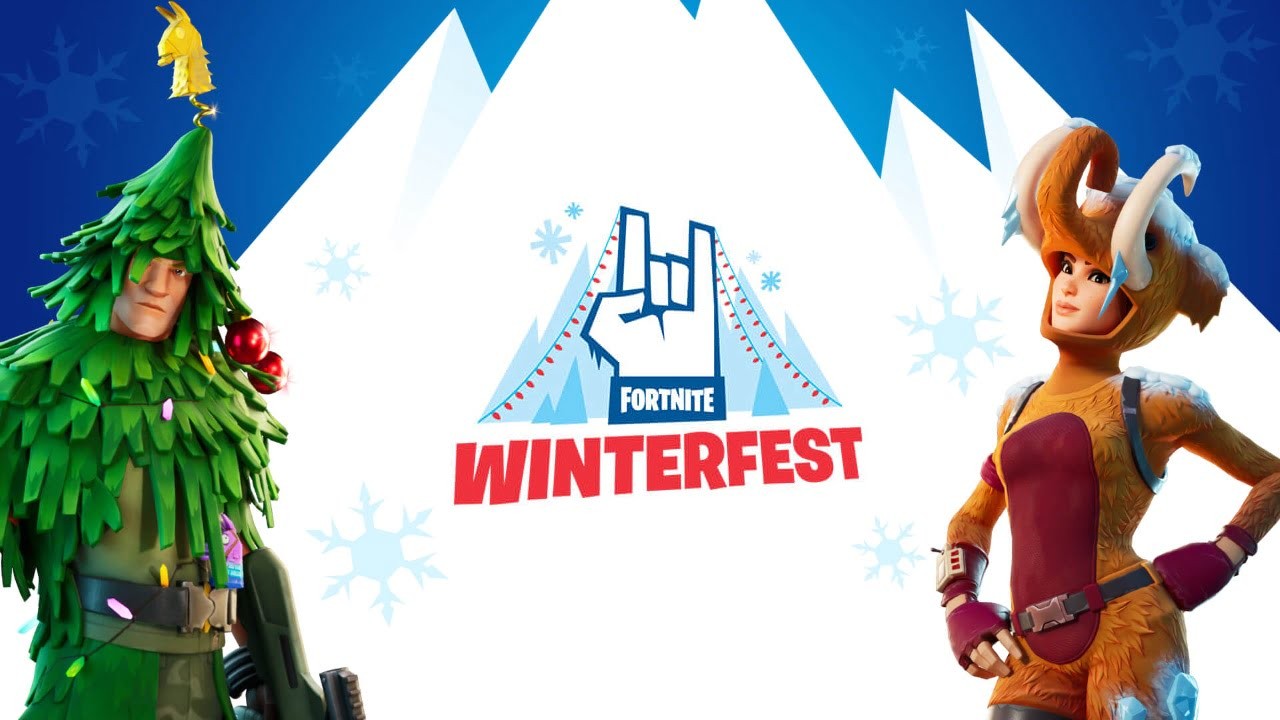Video games have long outgrown their reputation as mere pastimes for teens with energy drinks and top-tier ping. While some gamers debate Baldur’s Gate 3’s graphics or microtransactions in mobile games, others are out there saving lives, fighting diseases, diagnosing dementia, and even helping plan cities of the future—all with just a click of the “Play” button.
In this article, we’re diving into stories where video games broke the mold, proving that virtual worlds can significantly impact reality. Sometimes, even more than any scientific symposium or government initiative.
Fold.it: Gamers Solved a 15-Year Mystery
Back in 2011, gamers stunned the biochemistry world. Fold.it, an online puzzle game with a simple interface, helped solve a scientific problem that had stumped experts for fifteen years. The challenge? Deciphering the 3D structure of a retroviral protease from the Mason-Pfizer monkey virus (M-PMV), a key enzyme linked to virus replication similar to HIV.
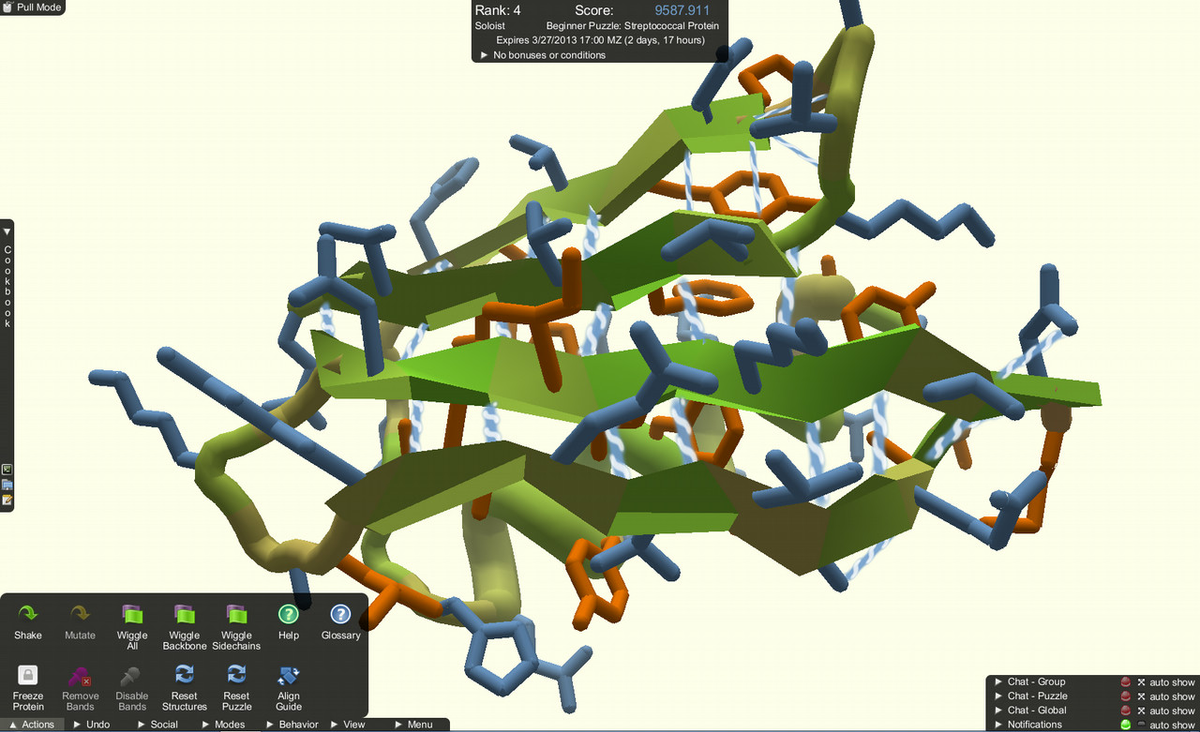
Fold.it wasn’t just a game; it was a daring experiment by the University of Washington, launched in 2008 to see if the collective intelligence of gamers could tackle molecular biology problems that professionals struggled with.
Players manipulated amino acid chains to create stable protein configurations, scoring points as they optimized structures. When Fold.it introduced the M-PMV protease model, players cracked the code in just ten days—something scientists had been stuck on for over a decade. The findings were so accurate they were published in Nature Structural & Molecular Biology, crediting the gamers as co-authors under the name “Foldit Players.”
Sea Hero Quest: Mapping Memories
Inspired by Fold.it’s success, researchers asked: If gamers can help with molecular biology, could they also assist in early diagnosis of conditions like dementia? Enter Sea Hero Quest—a mobile game disguised as a simple boating adventure but secretly gathering neuropsychological data.
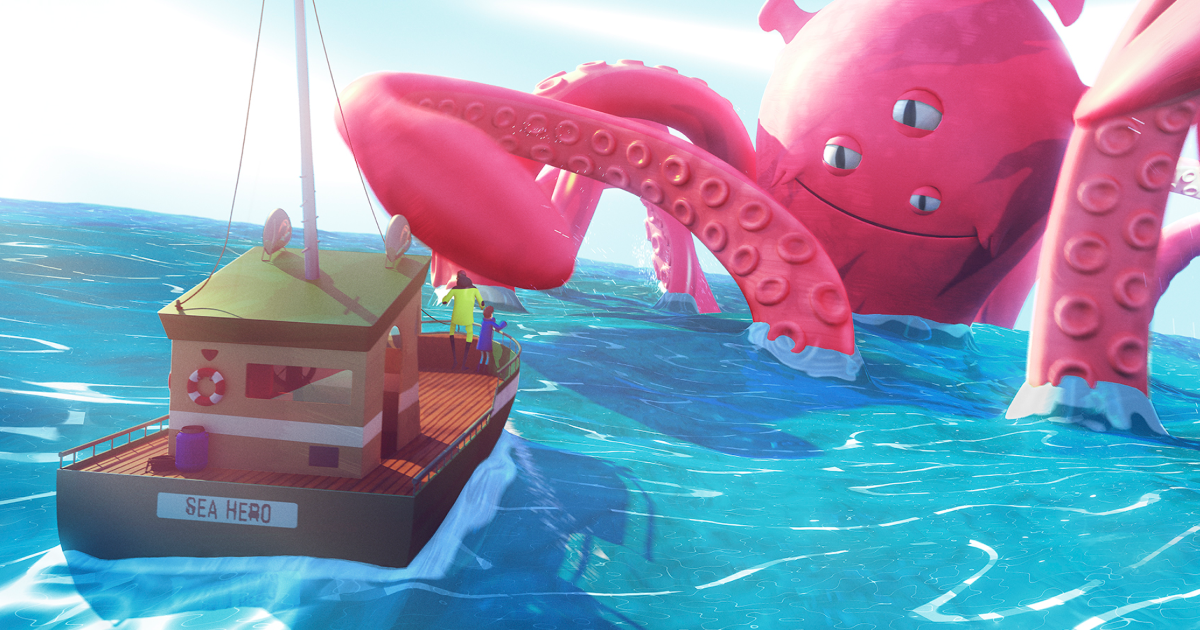
Released in 2016 by Glitchers in collaboration with Deutsche Telekom, UCL, Alzheimer’s Research UK, and the University of East Anglia, the game collected spatial navigation data from 4.3 million players across 190 countries. Players guided a boat, memorizing routes and navigating to lighthouses, but every move provided insight into how spatial awareness changes with age.
The game revealed that navigation skills start declining from age 19 and that men and women’s abilities differ, though countries with greater gender equality showed smaller gaps. These insights are now being used to develop early Alzheimer’s detection methods, showing how a simple mobile game can contribute to serious scientific progress.
Minecraft: Reimagining Urban Spaces
After revolutionizing biochemistry and dementia diagnosis, gaming took a turn towards urban planning. Enter Minecraft’s Block by Block program—a collaboration between Mojang, Microsoft, and the United Nations that empowers local communities to redesign public spaces within the game.
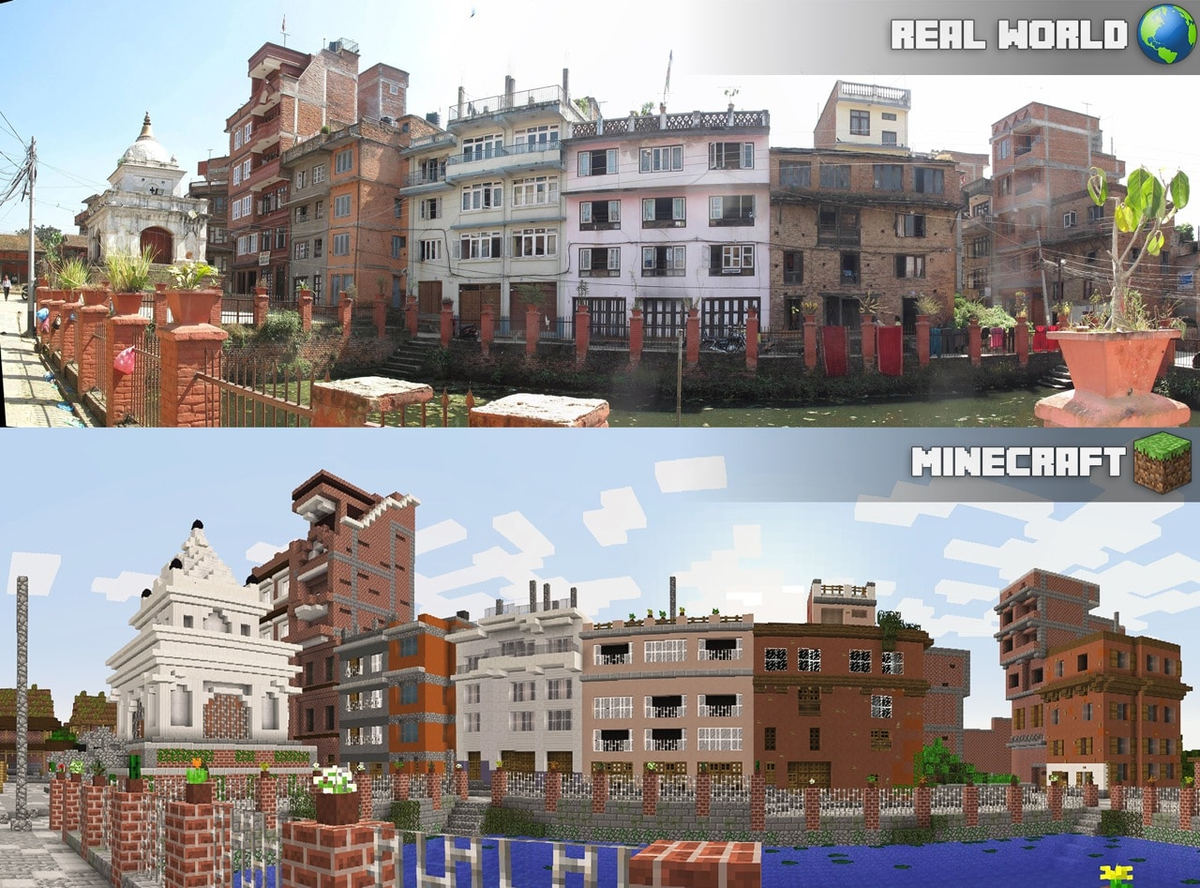
Launched in 2012, the program encourages communities to use Minecraft to propose real-world urban improvements. Whether it’s safer crosswalks or green spaces with benches, these virtual designs often become tangible changes in cities. In Hanoi, for instance, young women proposed better lighting in unsafe areas, leading to real improvements that made the streets safer.
EVE Online: Simulating Complex Economies
When it comes to merging reality with gameplay, EVE Online is in a league of its own. This sprawling MMORPG has a thriving economy so intricate that developers hired real economists to analyze it. Players form corporations, trade resources, and even engage in economic warfare, reflecting behaviors seen in real-world markets.
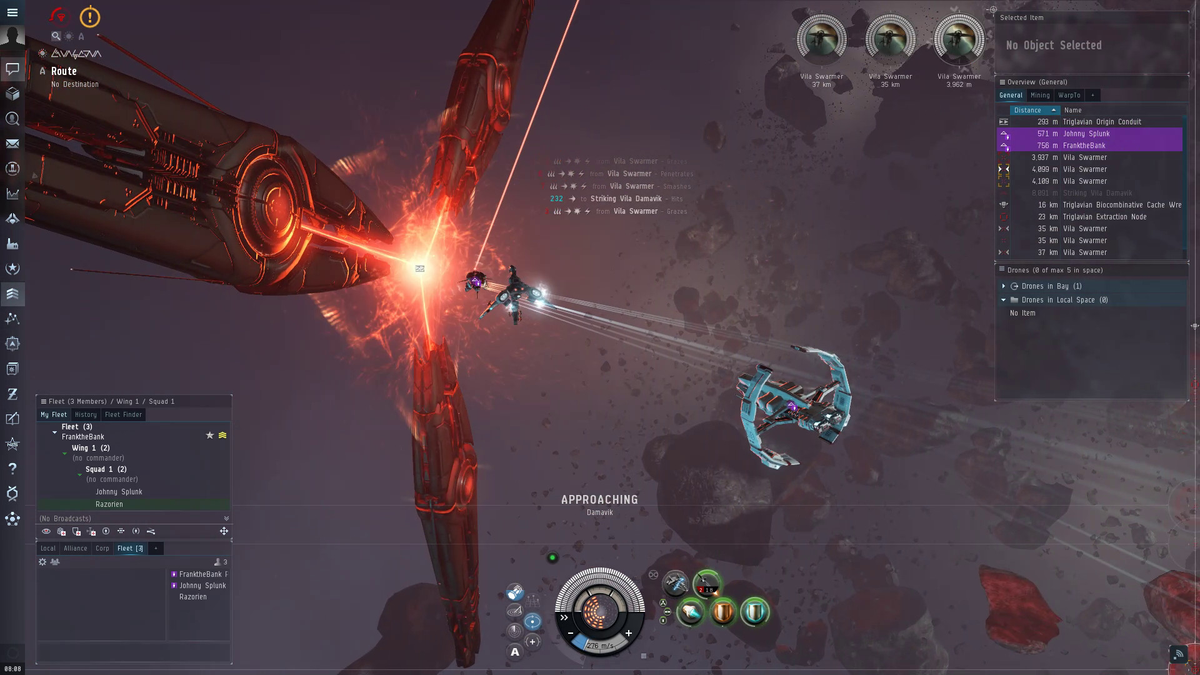
EVE’s economy is so advanced that studies have shown correlations between in-game economic behavior and the economic structures of players’ home countries. For instance, players from countries with higher GDP tend to focus on production, while those from regions with economic inequality gravitate towards raiding and piracy.
World of Warcraft: An Accidental Pandemic Simulation
In 2005, a World of Warcraft update accidentally turned a boss ability into a virtual pandemic when infected players inadvertently spread a contagious debuff to major cities. The resulting chaos—players fleeing, others deliberately spreading the infection—caught the attention of real-world epidemiologists, who studied it as a model for human behavior during outbreaks.
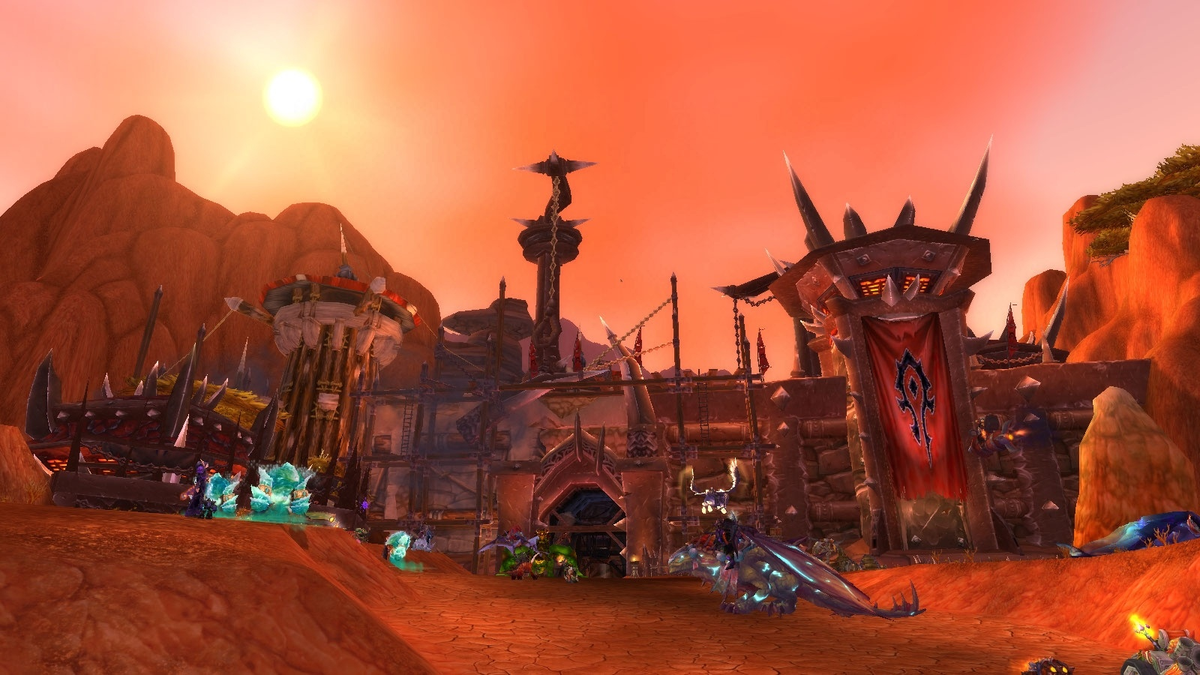
Games That Shape Our World
From solving protein puzzles to diagnosing dementia, planning cities, and even modeling pandemics, games are proving to be more than just entertainment. They are powerful tools for collective problem-solving, social engagement, and even scientific discovery. In the end, these stories remind us that sometimes, reality and virtual worlds aren’t that far apart after all.
Share this:
